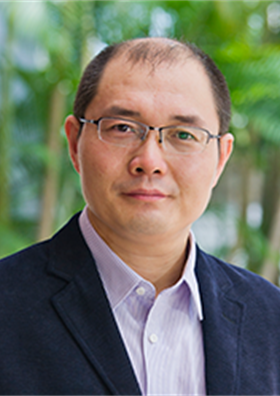
Chunyi Zhi
Academic title: Chair Professor, Department of Mechanical Engineering, Faculty of Engineering
Email: cyzhi@hku.hk
Tel: +(852) 3917 7900
Google Scholar: https://scholar.google.com/citations?user=GLcfLW8AAAAJ&hl=zh-TW
Personal Web: https://www.comfortablenergy.net/
Profile
Dr. Chunyi Zhi obtained his Ph.D. in physics from the Institute for Physics, Chinese Academy of Sciences, specializing in the topic of property investigation of BCN nanostructures. After two years as a postdoctoral fellow at the National Institute for Materials Science (NIMS) in Japan, he was promoted to ICYS researcher, researcher (faculty), and senior researcher (permanent position) in NIMS. Dr. Zhi is currently a Chair Professor at the Department of Mechanical Engineering, HKU.
Dr. Zhi has extensive experience in aqueous electrolyte batteries, zinc ion batteries, solid state batteries and catalysts for sustainable development. He has published more than 500 papers, including Nature Review Mater., Nature Review Chem., Nature Nanotech., Nature Commun., Joule, Sci. Adv. etc, with an H-index of 153 and other citations of >80000 (Google). He has been granted more than 100 patents. He serves as Editor-in-Chief of Nano Research Energy and Materials Research Letters, and associate editor of Materials Futures.
Research Description
Aqueous zinc-ion batteries
Since its first emergence in the Leclanché cell in 1866, metallic zinc has been considered an ideal electrode material for aqueous energy storage systems owing to its merits of intrinsically high capacity, suitable redox potential, non-toxicity, high abundance, and absolute safety. These advantageous features have resulted in the recent renaissance of studies on aqueous rechargeable zinc batteries.
Our study aims to advance next‑generation high‑power zinc‑based batteries by innovating electrode materials and electrolytes to enhance voltage, capacity, and stability. We develop high‑energy‑density, multi‑electron‑transfer cathode materials paired with custom, wide‑temperature‑range electrolytes to suppress dendrite growth and improve cycle life. By integrating advanced synthesis and in situ characterization, we seek to balance the performance, cost, and sustainability of robust high‑power devices.
Zinc-based flow batteries
The critical need for low-cost, long-duration energy storage to enable renewable integration underscores the potential of zinc-based flow batteries (ZFBs). Leveraging inherent safety, material affordability, and unique power/capacity decoupling, ZFBs are ideal for grid-scale applications.
Our research focuses on developing next-generation ZFBs through advanced materials innovation. We design novel electrode architectures, high-performance electrolytes, and tailored separator membranes specifically to address key bottlenecks at both electrodes. This includes mitigating zinc dendrite formation and passivation at the anode, and enhancing reaction kinetics and stability at the cathode. Our work tackles fundamental challenges such as electrolyte imbalance and seeks optimal trade-offs between cost, efficiency, and cycle life. By integrating expertise in electrochemistry, materials science, and engineering, we aim to realize robust and ultra-low-cost ZFBs for practical long-duration energy storage.
Solid state batteries
The global transition to renewable energy and electric transport demands transformative energy storage technologies. Solid-state batteries (SSBs) offer high energy density, superior safety, and extended cycle life, placing them at the forefront of this evolution.
Our research group focuses on accelerating next‑generation SSB development via AI‑driven design of solid polymer electrolytes (SPEs). By integrating machine learning–guided materials discovery, multiscale modeling, and automated high‑throughput synthesis and screening, we aim to revolutionize the innovation cycle. We target practical high‑voltage, high‑areal‑capacity solid‑state lithium batteries that satisfy the rigorous performance and safety requirements of electric vehicles and electric vertical take‑off and landing aircraft. Our interdisciplinary strategy—combining polymer chemistry, electrochemical engineering, and data science—addresses long‑standing challenges, including limited ionic conductivity, interfacial instability, dendrite growth, and the energy density–safety–stability trade‑off.
Publications
Honours and Awards
Dr. Zhi is a recipient of the Outstanding Research Award and the President Award of the City University of Hong Kong, NML Award, and Beijing Science and Technology Award (first class). He is also a Member of the Hong Kong Young Academy of Sciences, a Fellow of the Royal Society of Chemistry, a Clarivate Highly Cited Researcher (2019-2024, Materials Science, 2024, Environment and Ecology), and an RGC Senior Research Fellow.





